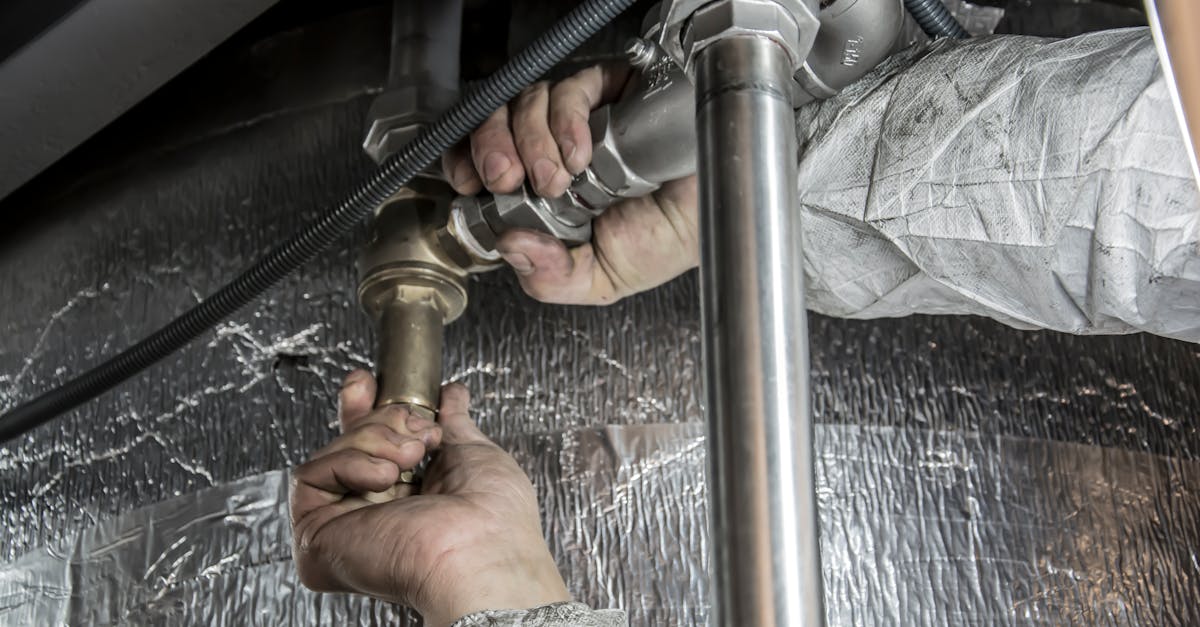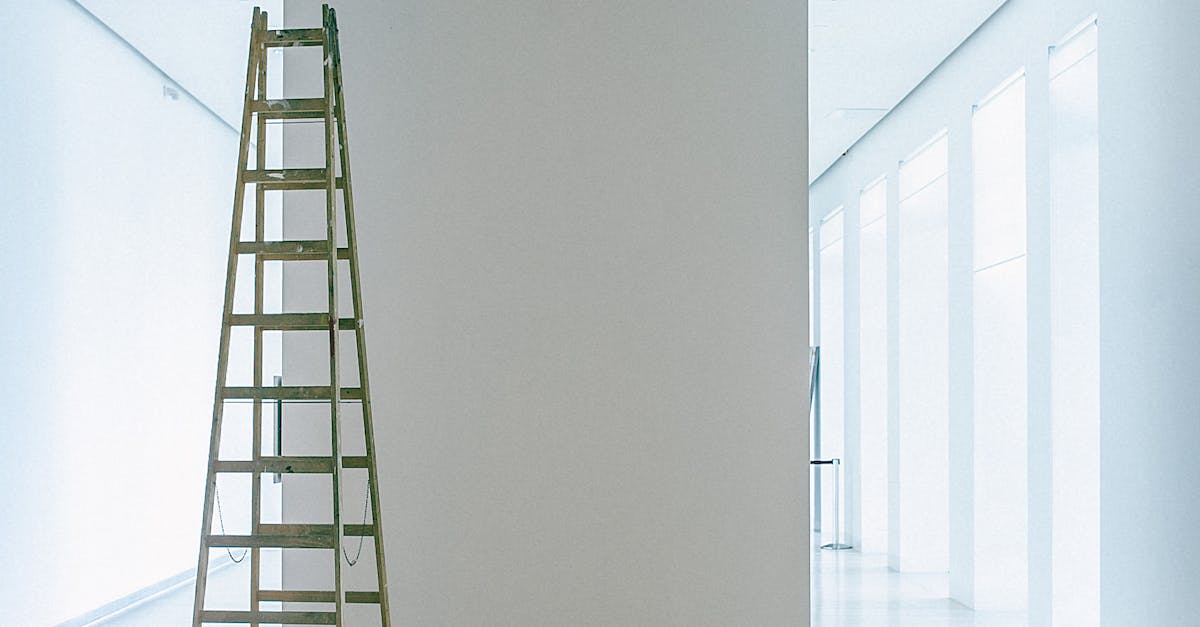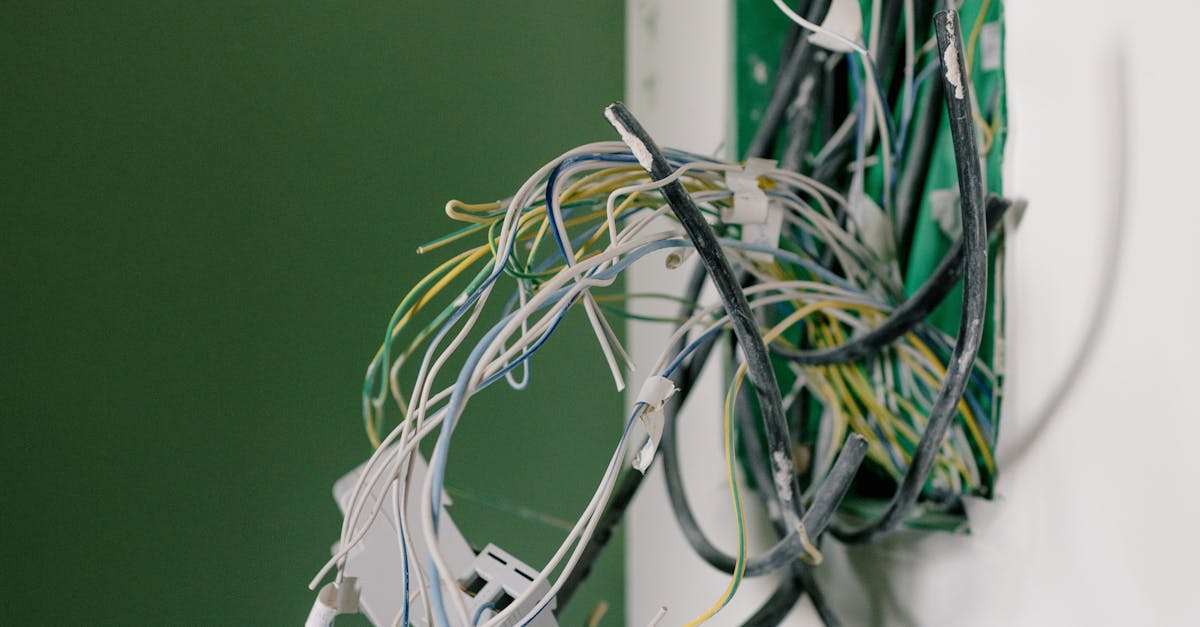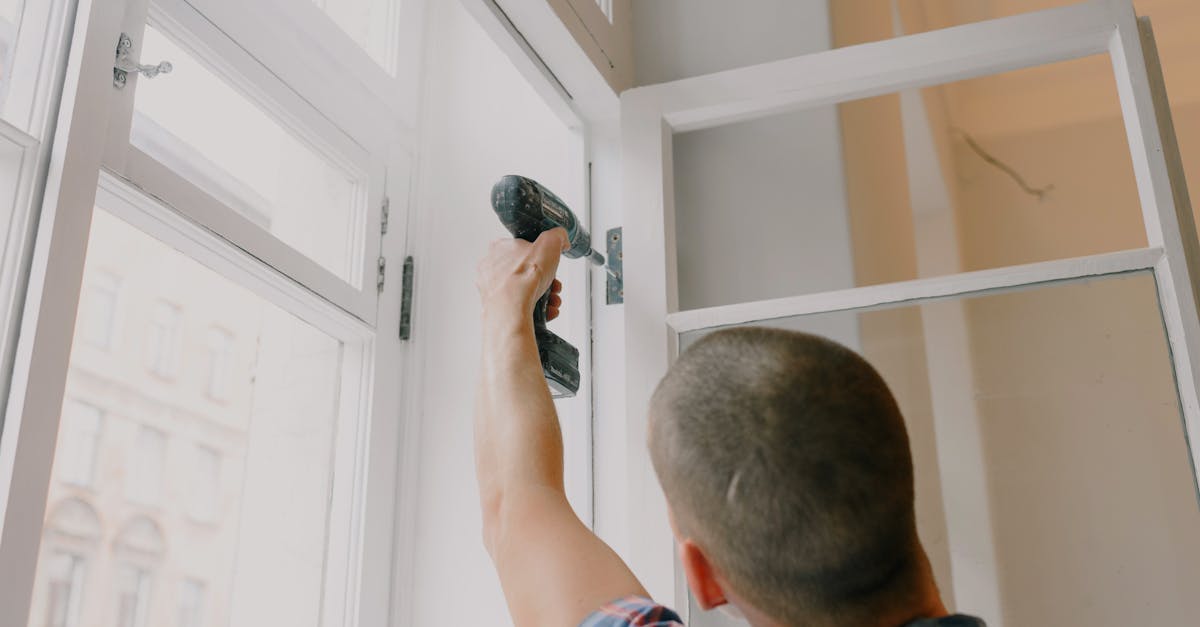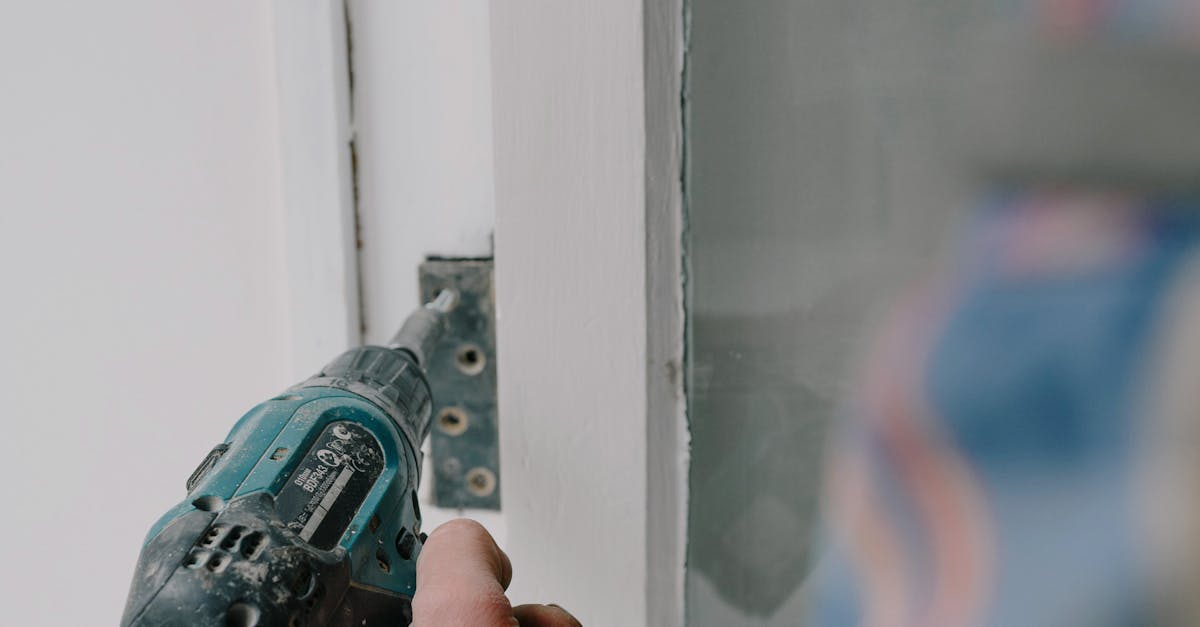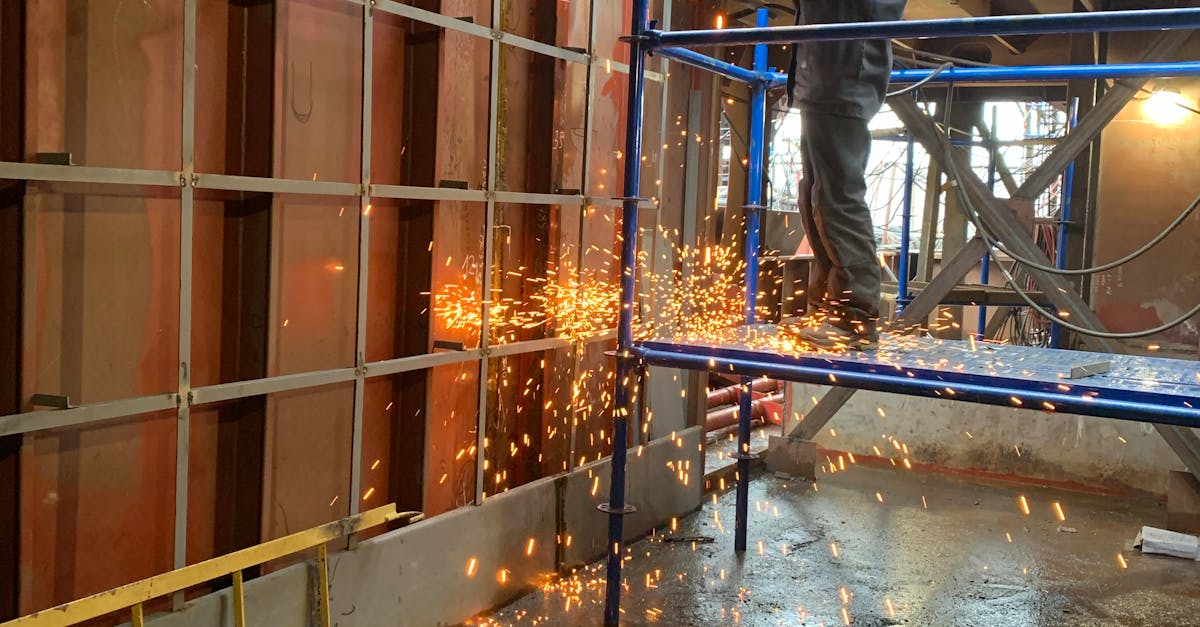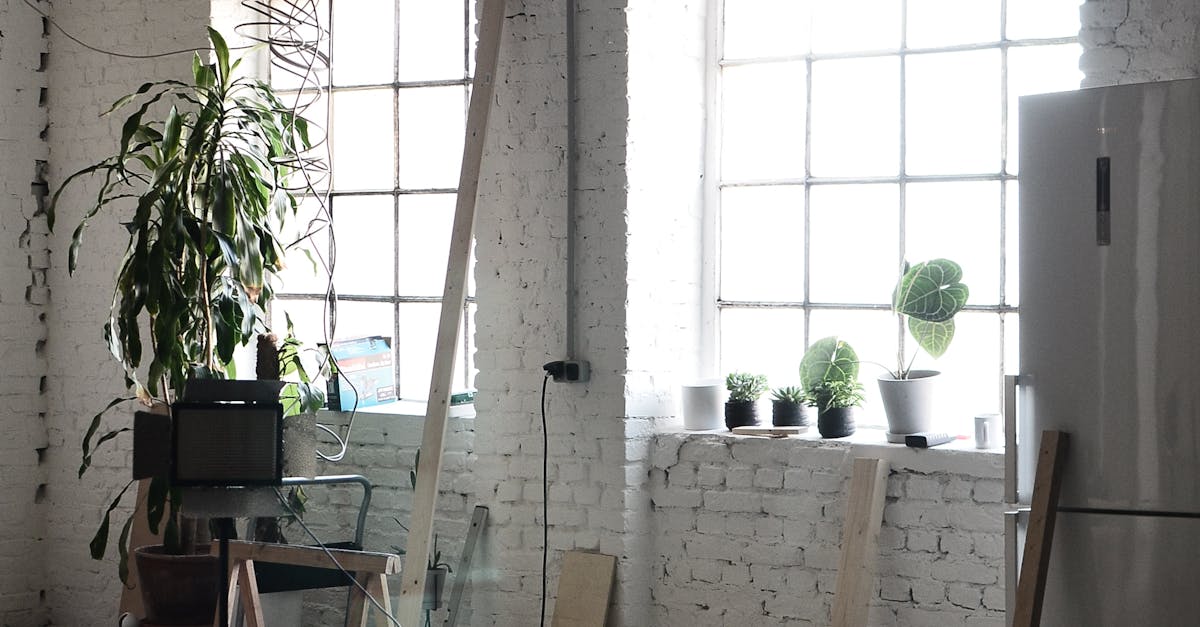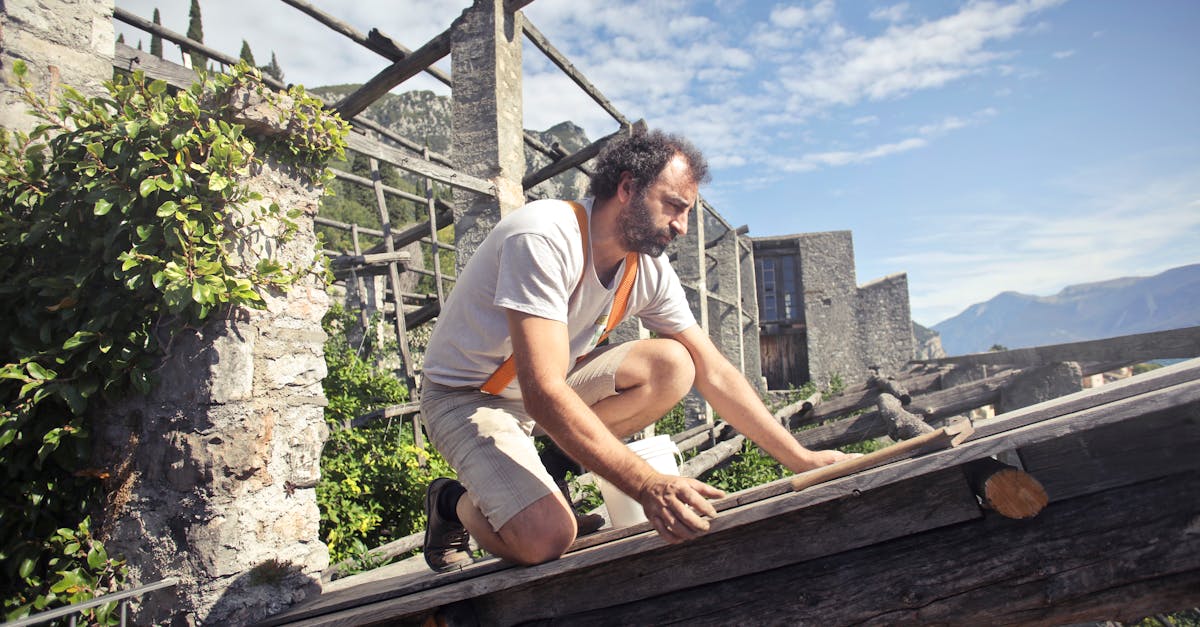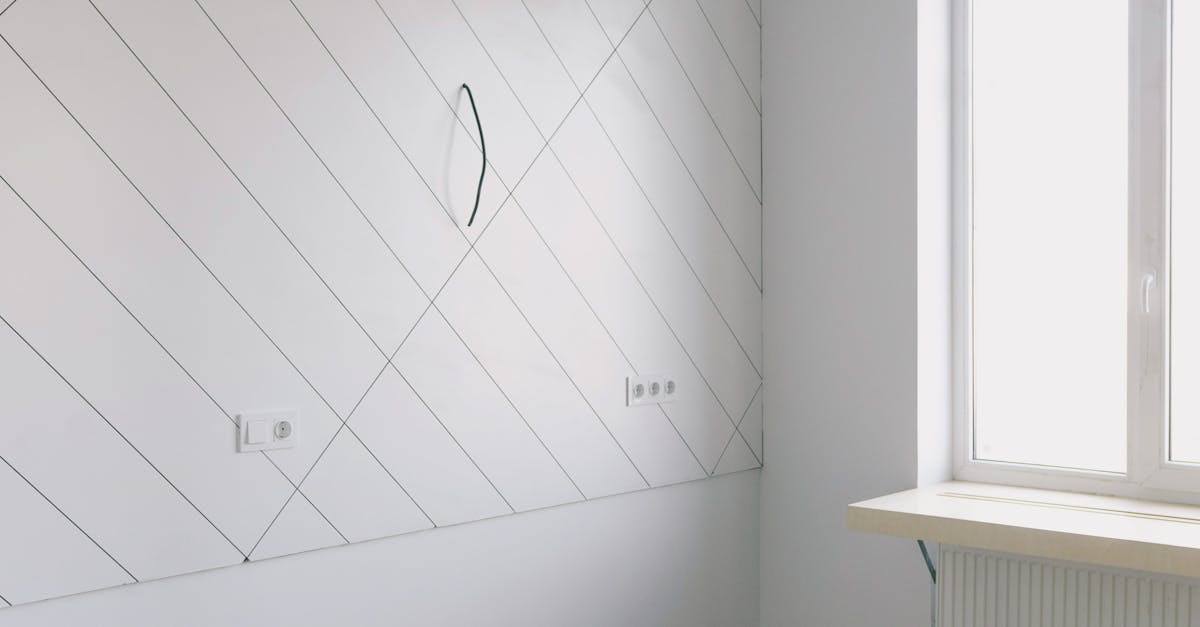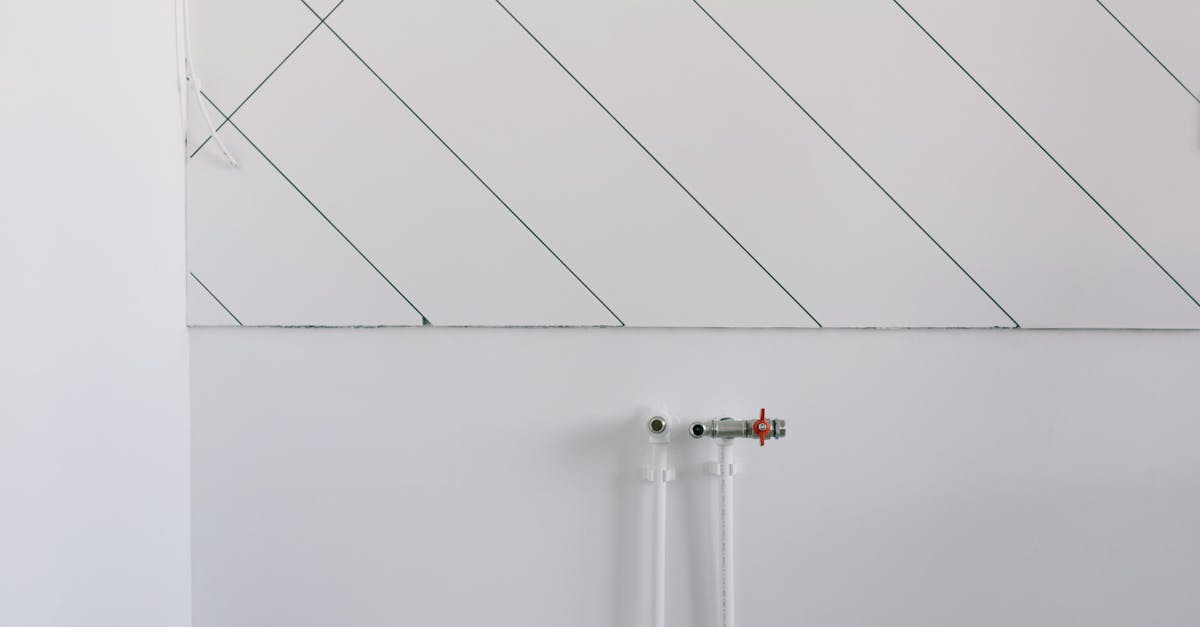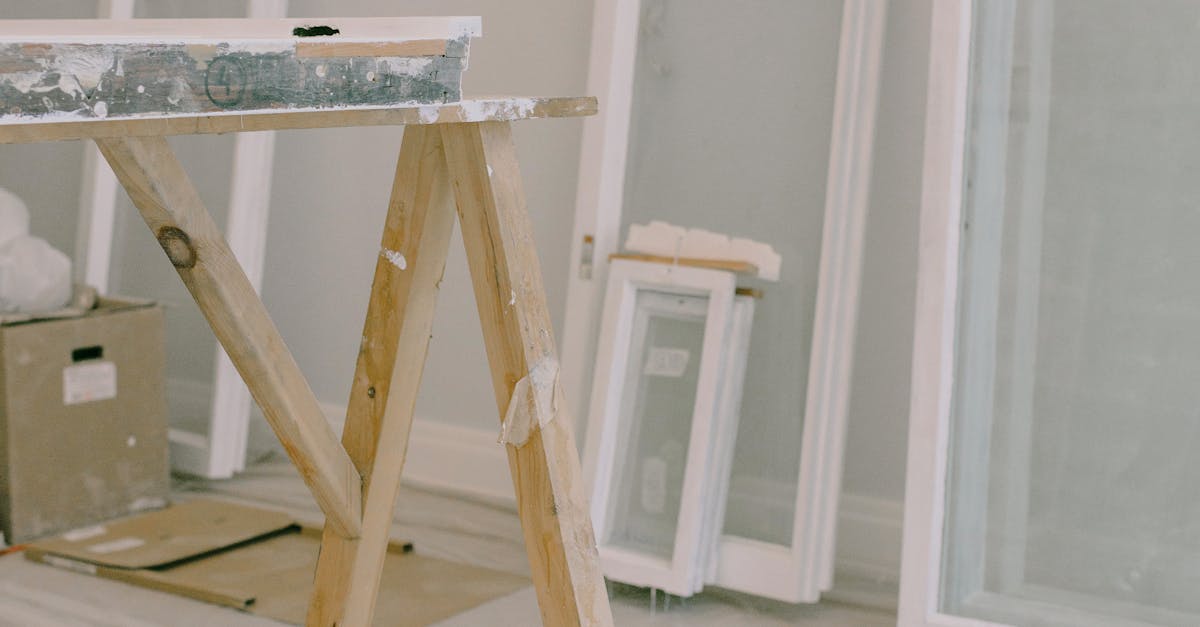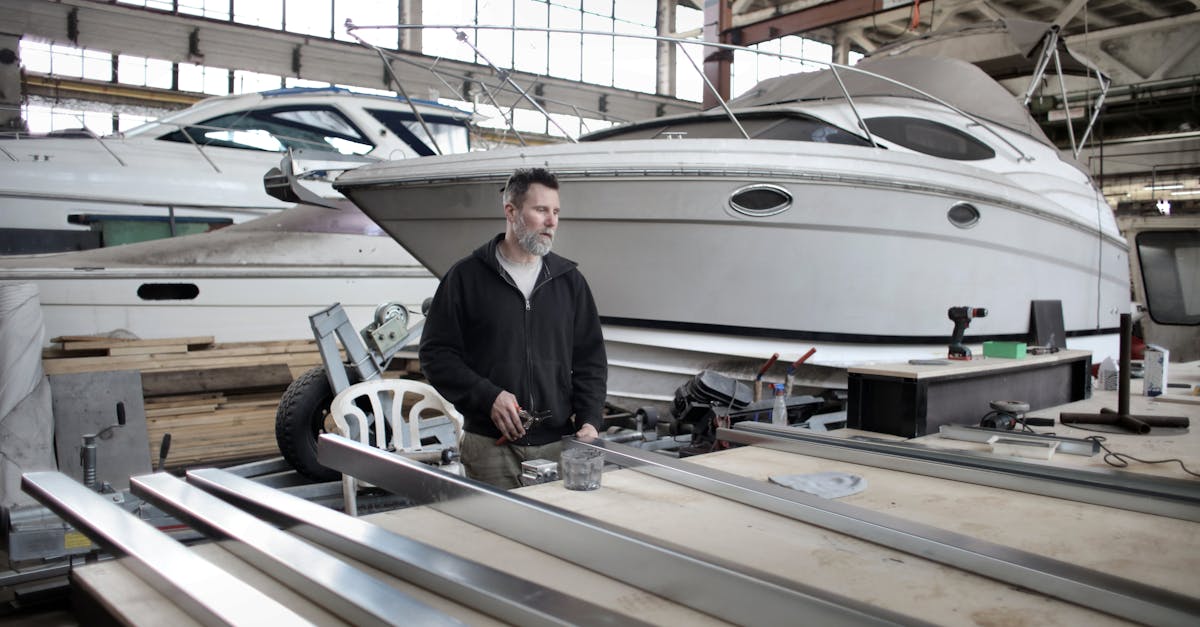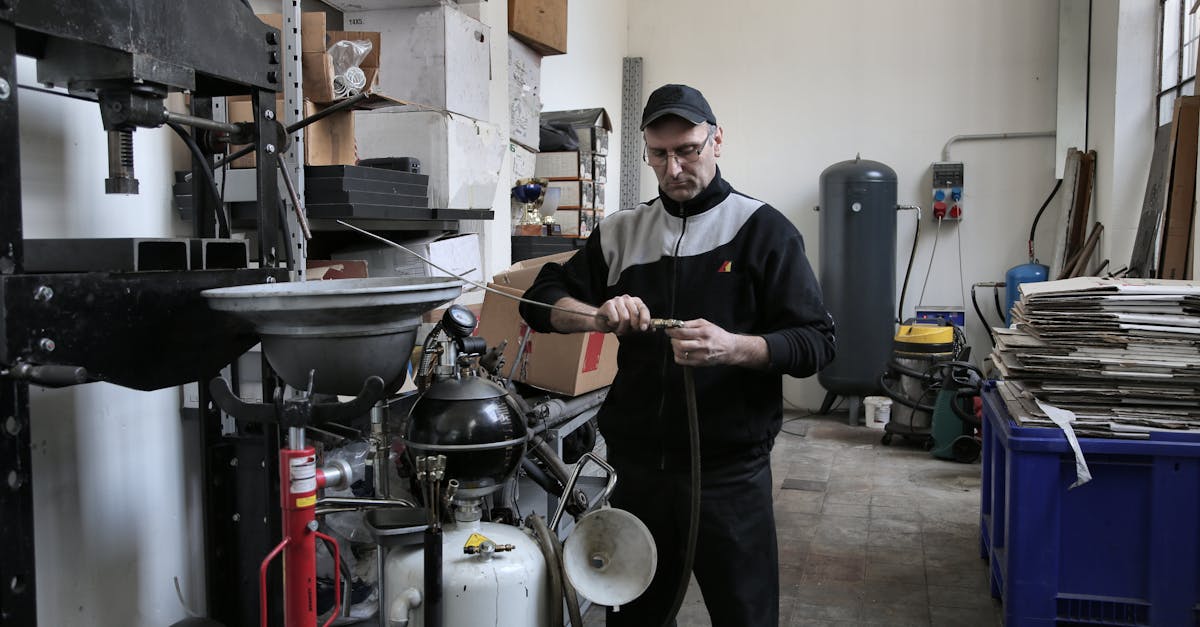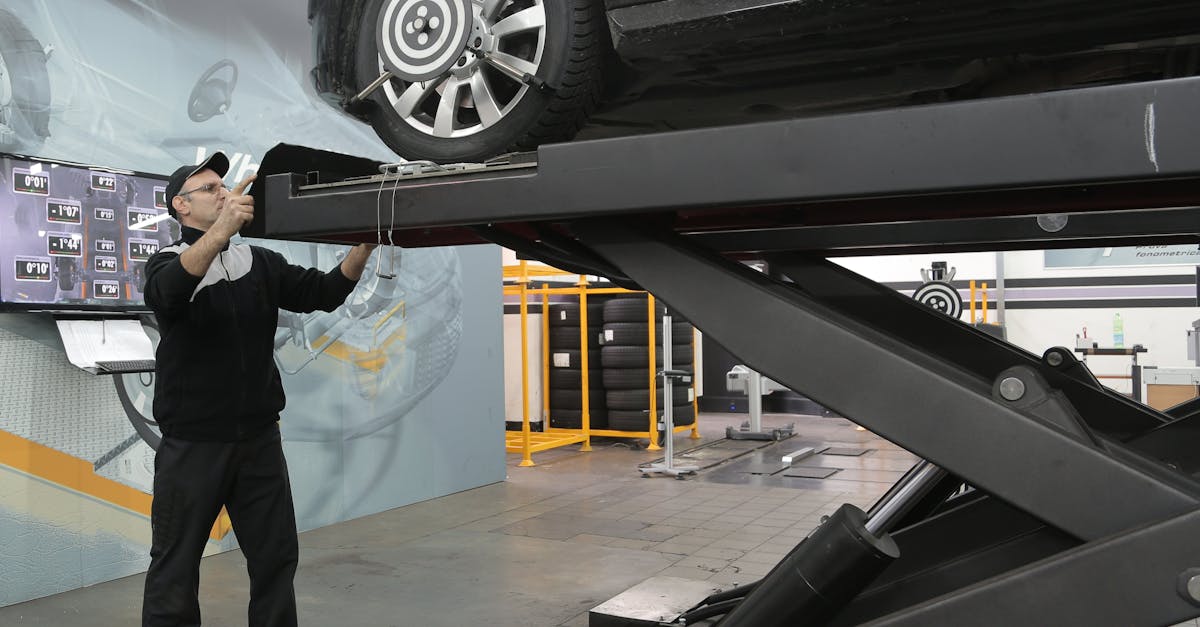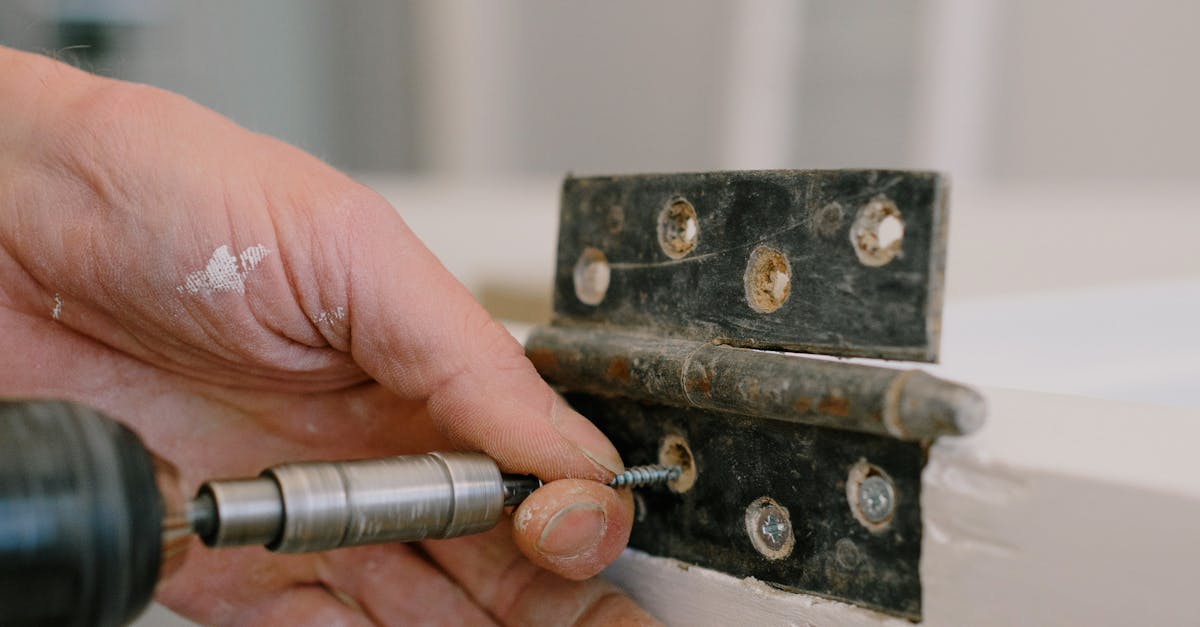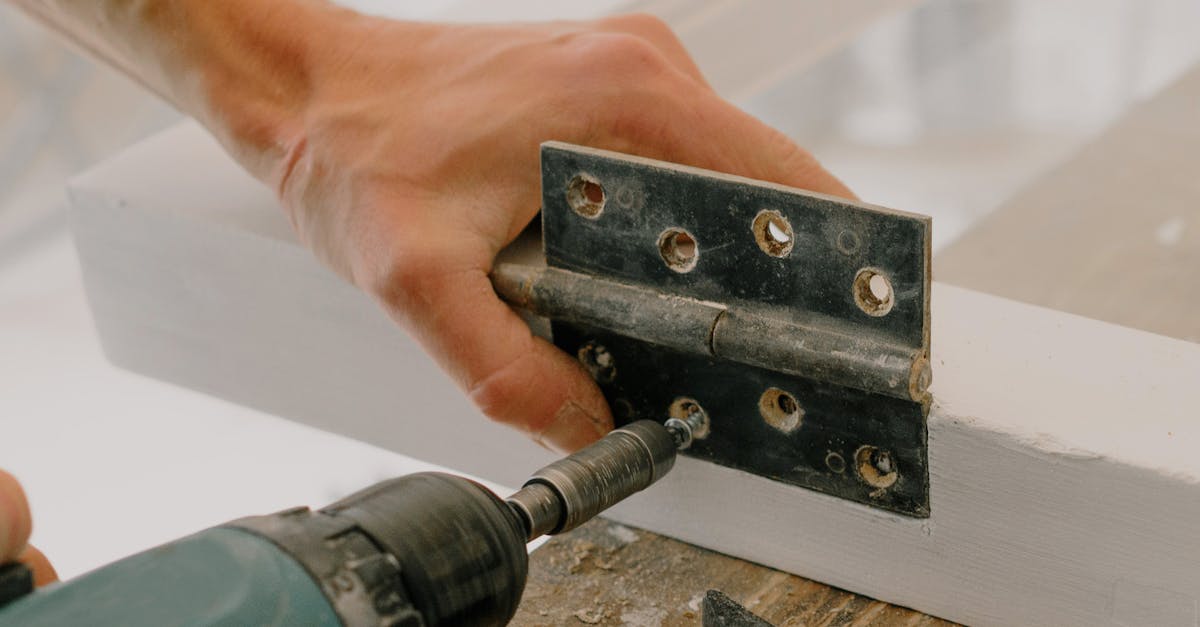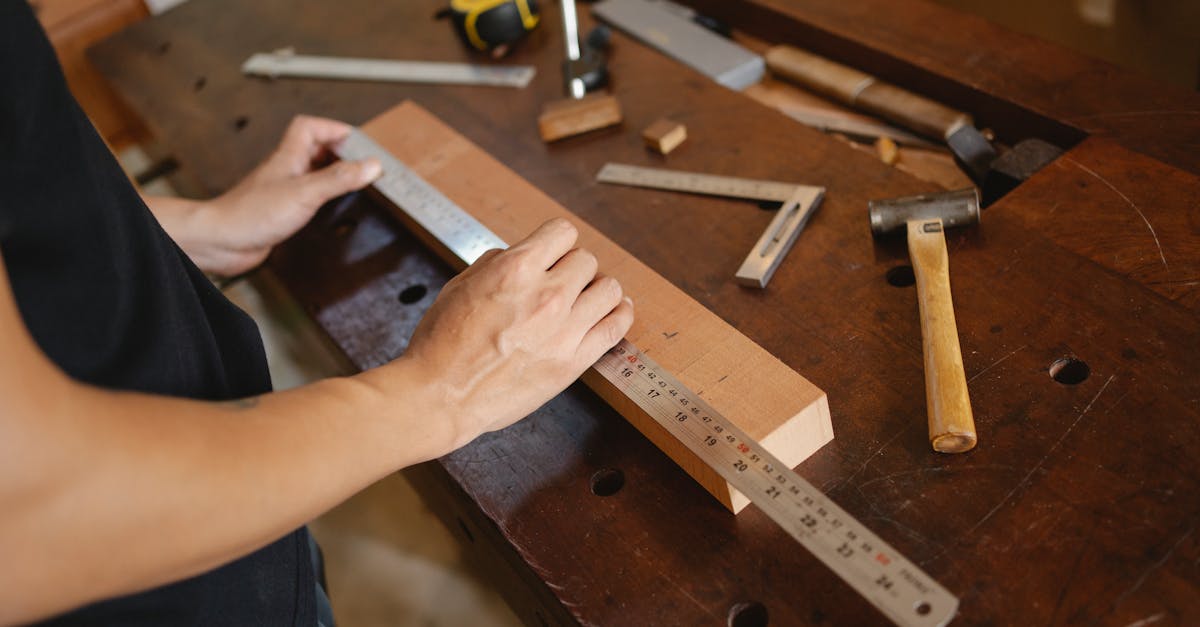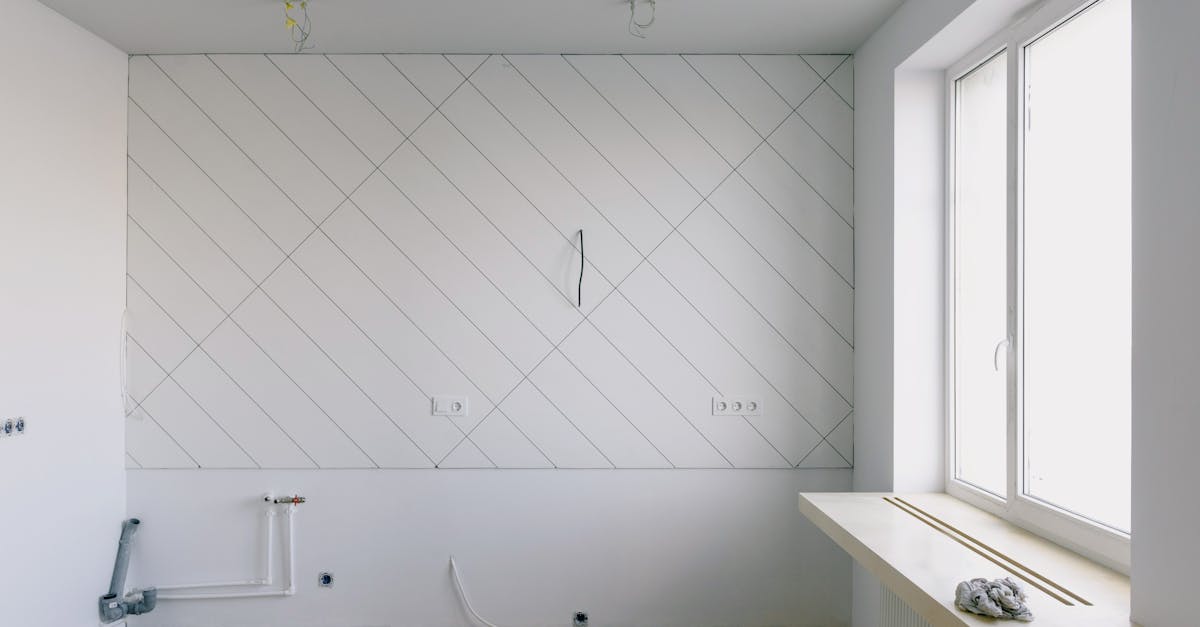
Table Of Contents
Timeline for Obtaining Gas Line Installation Permits
The timeline for obtaining gas line installation permits can vary significantly depending on several factors, including local regulations and the complexity of the project. In general, applicants should anticipate a waiting period ranging from a few days to several weeks for approval. This process often involves submitting detailed plans and coordinating with local authorities to ensure compliance with safety standards. Adequate preparation and understanding of local requirements can help streamline the application process.
Delays may occur if the application lacks the proper documentation or if there are outstanding issues with the proposed gas line installation and repair plans. Additionally, the current workload of the permitting authority can influence how quickly applications are processed. It's beneficial to stay informed about any requirements and potential bottlenecks to minimise waiting times and keep the project on track.
Factors Influencing Approval Timeframes
The approval timeframe for gas line installation and repair permits can vary significantly based on several factors. Local regulations and the specific requirements set by authorities play a crucial role in determining how quickly applications are processed. Additionally, the complexity of the project can impact the duration, as more intricate installations may require more detailed assessments and additional documentation to meet safety standards.
Another significant factor is the workload of the regulatory office handling the applications. High demand periods, such as during peak construction seasons, can lead to delays in processing times. Ensuring that all paperwork is thoroughly completed and submitted can help streamline the approval process. Timely communication and responsiveness to any additional requests or clarifications from the authorities are also vital in expediting the overall timeline for gas line installation and repair permits.
Consequences of Installing Gas Lines Without a Permit
Installing gas lines without the required permits can lead to significant legal repercussions. Authorities may impose heavy fines on property owners who bypass this regulatory step. In addition to penalties, local councils often have stringent regulations regarding gas line installation and repair, which require strict adherence to safety standards. Non-compliance can result in additional inspections and the possibility of having to undo and redo work, incurring further costs.
Beyond the legal implications, the financial risks associated with unpermitted gas line work can be severe. In the event of a malfunction or hazardous incident, homeowners may find themselves liable for damages or injuries caused by improperly installed gas lines. Furthermore, insurance companies may deny claims related to gas line installation and repair if the work lacks proper documentation. This leaves residents vulnerable to hefty repair bills and legal challenges, highlighting the importance of following the necessary permit process.
Legal and Financial Risks You Should Be Aware Of
Installing gas lines without the necessary permits can lead to significant legal repercussions. Regulatory authorities are empowered to impose hefty fines on homeowners or contractors who proceed without following proper protocols. Violations can also result in the requirement to dismantle non-compliant installations at your own expense. This can create a lengthy and frustrating legal process, where you might be held accountable for not adhering to safety regulations.
The financial implications extend beyond fines. Inadequate or incorrect gas line installation and repair can lead to costly safety hazards, including leaks or explosions. Homeowners may find themselves liable for damages caused by improper installations, which can include repair costs and potential compensation claims from affected parties. Engaging professionals for gas line work ensures compliance with regulations, ultimately protecting both your investment and safety.
Tips for a Successful Gas Line Permit Application
Preparing a thorough application is crucial for obtaining a gas line installation permit. Ensure that all required documentation is accurately completed and submitted. This includes detailed plans of the proposed work, specifications of the materials to be used, and the qualifications of the professionals involved. Comprehensive information can not only expedite the review process but also reduce the likelihood of requests for additional information, which can delay approval.
Proactively engaging with the local regulatory authority can also enhance the chances of a successful application. Understanding the specific requirements for gas line installation and repair in your area helps in aligning your project with local regulations. Additionally, addressing any potential concerns upfront can facilitate a smoother approval experience and minimise the risk of complications arising during installation.
Best Practices to Ensure Your Application is Approved
To enhance the likelihood of obtaining approval for a gas line installation permit, it is vital to ensure that all documentation submitted is accurate and complete. Incomplete applications can lead to delays or outright rejections. Providing detailed plans and specifications for gas line installation and repair adds clarity and demonstrates a commitment to compliance with local regulations. Engaging a licensed professional to assist with the application process can also be beneficial, as their experience can help navigate complex requirements and anticipate potential concerns from regulatory bodies.
Another best practice involves maintaining open communication with the local permitting authority. Building a relationship with the officials responsible for reviewing applications can facilitate a smoother process. Regularly checking in on the progress of your application or seeking clarification on specific requirements can demonstrate diligence. Additionally, ensuring adherence to safety standards is crucial, as it reflects your commitment to responsible gas line installation and repair. These steps can significantly improve the chances of a swift and positive outcome for your permit application.
FAQS
What is a gas line installation permit?
A gas line installation permit is a legal document required by local authorities that authorises a contractor or homeowner to install or modify gas lines. It ensures compliance with safety standards and regulations.
How long does it typically take to obtain a gas line installation permit?
The timeline for obtaining a gas line installation permit can vary depending on the local jurisdiction, the complexity of the project, and the completeness of the application. Generally, it can take anywhere from a few days to several weeks.
What are the risks of installing gas lines without a permit?
Installing gas lines without a permit can lead to serious legal and financial consequences, including fines, penalties, and potential liability for damages or injuries. Additionally, unpermitted work may need to be dismantled, resulting in additional costs.
How can I ensure my gas line permit application is approved?
To enhance the likelihood of approval, make sure to provide complete and accurate information, adhere to local regulations, and include all required documentation. Consulting with a professional can also be beneficial.
Who is responsible for obtaining a gas line installation permit?
Typically, it is the responsibility of the contractor performing the installation to obtain the necessary permits. However, homeowners can also apply for permits if they are undertaking the installation themselves, provided they meet local regulations.
